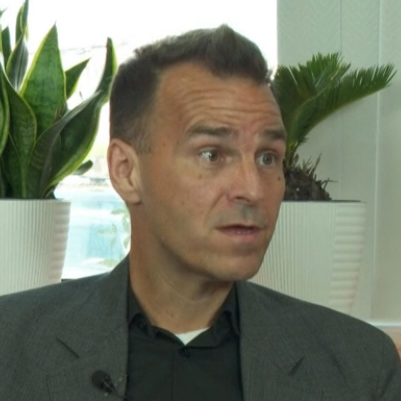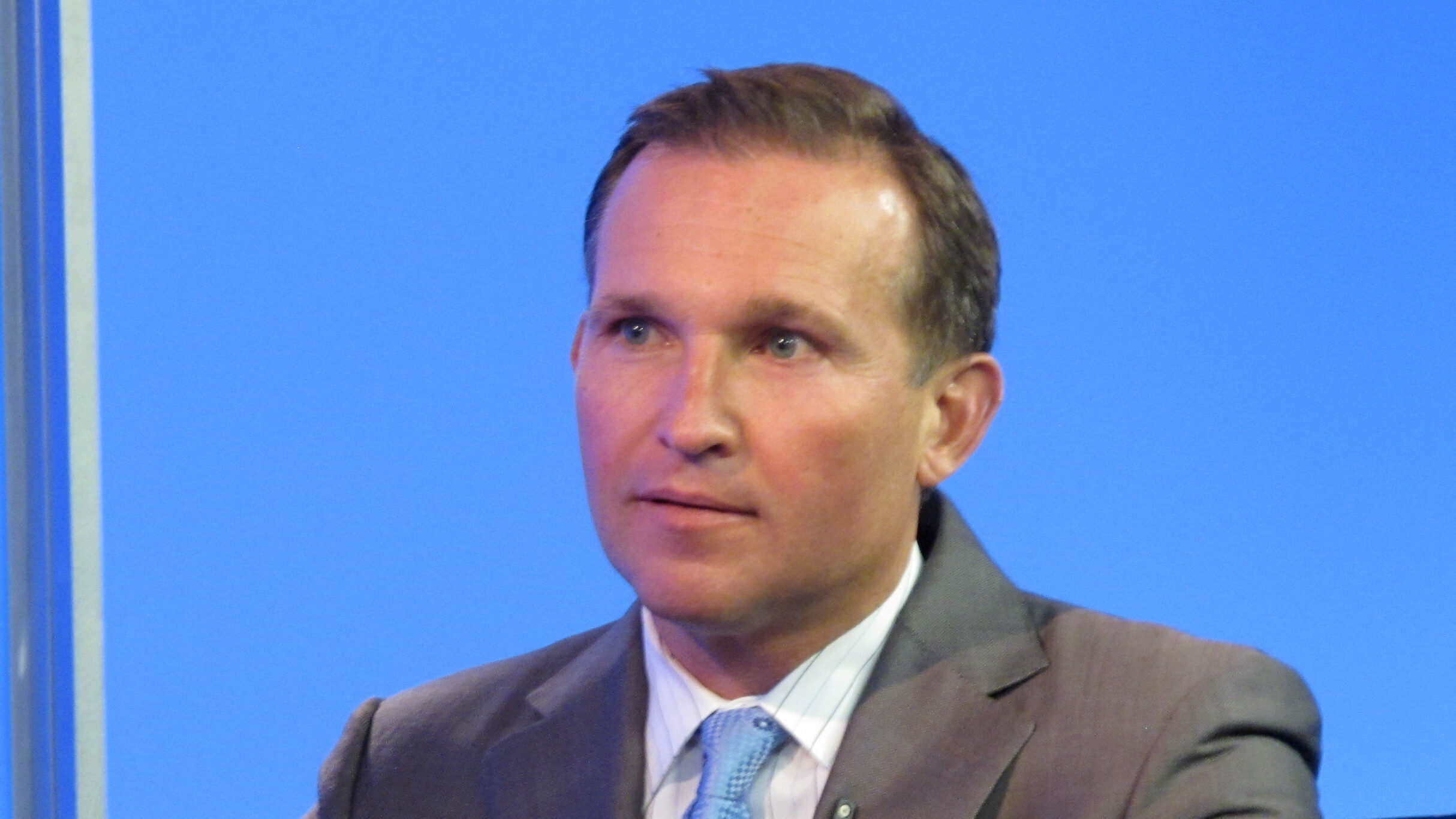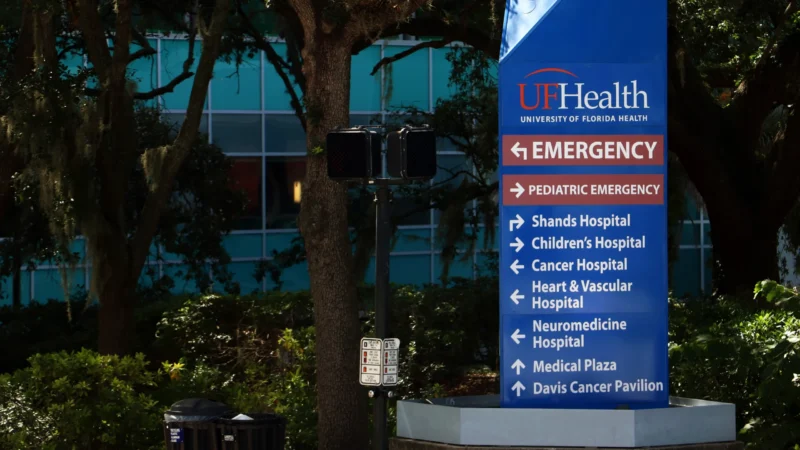
What to make of last week’s 13-5 Jacksonville City Council repudiation of LeAnna Cumber’s attempt to turn back the gas tax hike going into effect next month?
Ultimately, Tuesday night saw two Republican candidates come after the sitting mayor and his policy priority, and by proxy the man widely seen as the candidate of the Jacksonville business establishment, Daniel Davis.
Like the outcome of most Jacksonville Jaguars games, the final result was never in doubt.
You knew this would end up 13-5 against.
You knew what arguments would be used, because they were more or less rehashes from the ones before Council passed Curry’s “Jobs for Jax” plan. And you knew who would be a no vote.
You probably could have guessed that a mayoral candidate (Al Ferraro, as the Times-Union’s David Bauerlein noted) would say voters would tag those who voted against the repeal as tax raisers. Ferraro and Cumber will escape the “they voted to raise your taxes” mailpiece, of course.
But how much does it matter in the end?
Ferraro’s fundraising has stalled in what has been a pastiche of a mayoral campaign thus far. Cumber’s has not: she has raised nearly $1.5 million for her political committee.
But for their opposite trajectories, these candidates have a common problem. The specter of Daniel Davis looms large over this mayoral race. Those who know, knew close to a decade ago that 2023 would be Davis’ year. He’s raised north of $3 million to his political committee and is not weighing in on city issues, except presumably to the people stroking checks.
Whose gameplan is Davis following? Lenny Curry’s.
Curry has said it, over and over again. He said it again the other day on Twitter: “I filed summer of 2014 with no name ID and not registering as viable in any poll. Those numbers didn’t move that year. But we had a strategy & a plan that I worked everyday. Phase 1 was a commitment to resources.”
Indeed, the pundit discussions ahead of the First Election in 2015 had incumbent Democrat Alvin Brown at 50.01% (He fell short at 42.6%) and Republican Bill Bishop in the runoff election (Curry got more than twice as many votes as Bishop).
What Curry proved is that a mixture of big-picture advertising for the masses coupled with microtargeting messages to persuadable subgroups, either to bring them out or keep them home, worked. It worked because he had his money right to do it.
Also by A.G. Gancarski: “Polson’s problem“
Curry was also hard to nail down on issues during the 2015 campaign, even though he talked a lot.
The big narrative peg was attrition in the sheriff’s office, with Brown and then-Sheriff Rutherford squabbling about how many jobs were lost during Brown’s term.
The issue people cared about, the Human Rights Ordinance, was bobbled throughout most of the General Election campaign on both sides. But that worked in Curry’s favor too.
And Daniel Davis of 2023 is a smoother politician than Lenny Curry was in 2015. People note Davis hasn’t run for anything in a decade, and there is something of a timewarp feel when he gives quotes. But Davis has been making the sale for Jacksonville for a long time. In this field, and with the money to play out the Curry 2015 playbook, he very likely will get traction.
Still, Cumber could be a problem for him, and the big money battle between Cumber and Davis could serve to hurt both and let a weird outcome happen.
Think of 2011, when Rick Mullaney and Audrey Moran knocked each other out of the mayoral race, or 2018, when Jeff Greene spoiled Gwen Graham’s seeming glide path to the Democratic gubernatorial nomination.
Will that happen this time? Not if Lenny Curry has anything to say about it.
“I am looking forward to 2023 local elections. Plan. Plan all the way to the end,” Curry tweeted after the tax vote went his way Tuesday, as if warning opponents that there would be payback.
Death. Taxes. And Lenny Curry with a “plan all the way to the end” of an election cycle. Three certainties in Jacksonville.
In other words, there will be a slate. Davis will lead it. And Curry is staked into making sure he gets the continuity coming out of his two terms that John Peyton never got.
Also staked is Gov. Ron DeSantis. Recall that when he came to Jacksonville to highlight his proposed suspension of state gas taxes, Daniel Davis was by his side during the remarks.
Davis didn’t have to say anything. DeSantis didn’t have to say much other than a shoutout. The implication was clear.
Some will say, “Well, it’s kind of hypocritical to support the state tax suspension but not say anything about the local tax.” Others will see Davis standing by DeSantis and that will mean more than what ultimately is a rounding error at the gas station.
Having read this far, you may be asking, “Well, what about the Democratic candidates?” And you’re right to ask that. But that isn’t the game being played with gas-tax politics.







